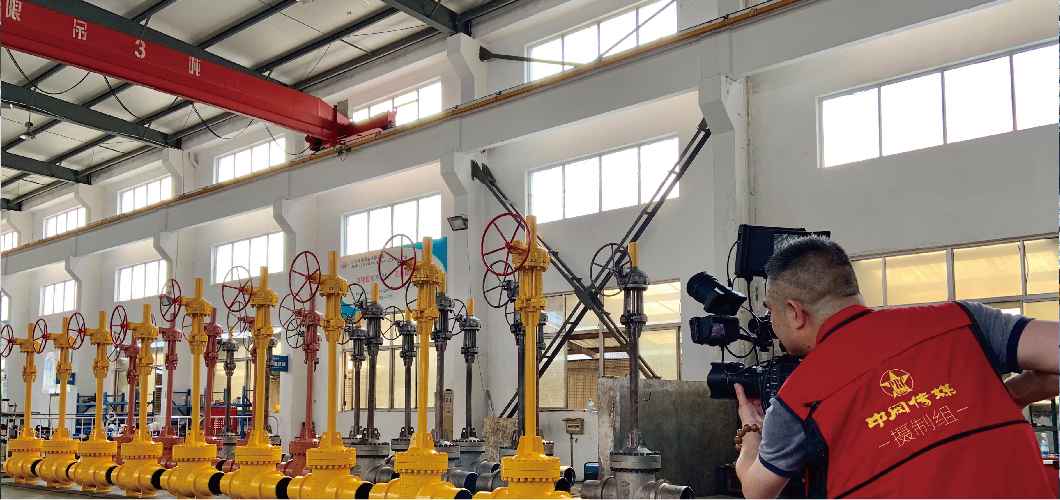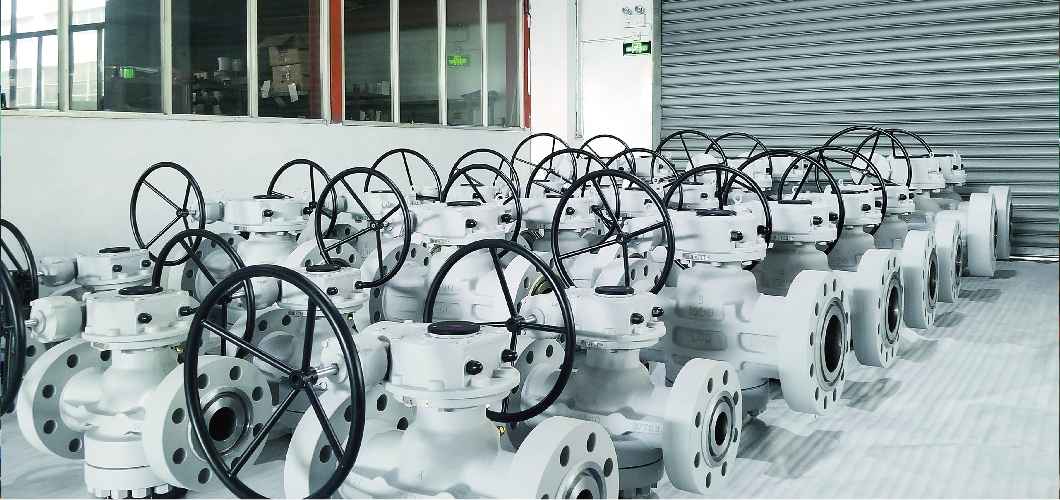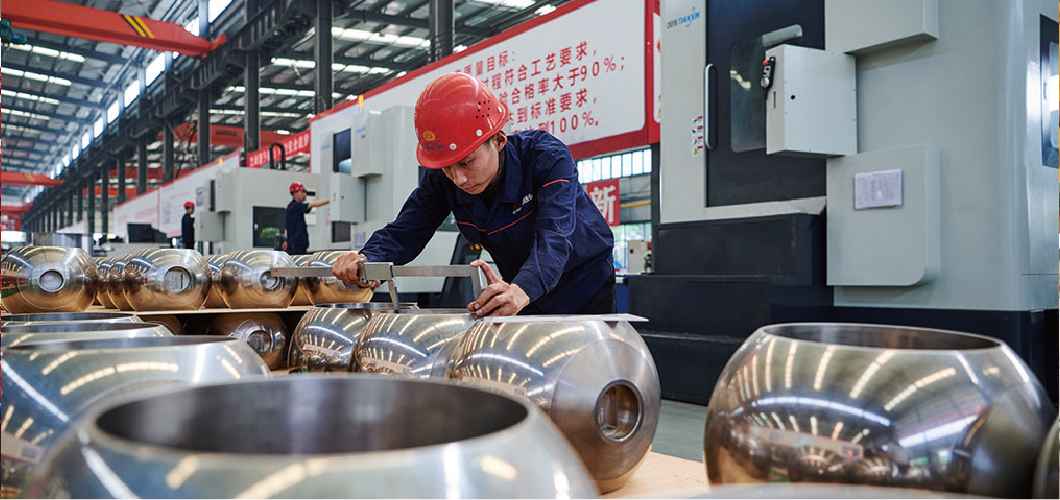Spain’s Regulator Revises Power Grid Regulations After April 2025 Blackout

Spain’s National Commission on Markets and Competition (CNMC) has revised the technical standards governing the country’s voltage control service, essential for a stable electrical system. The update follows a government report on a major blackout affecting Spain and Portugal on April 28, 2025, which identified a voltage surge as the primary cause.
The new regulations establish a consistent framework for voltage control services, applying to both renewable energy facilities and conventional power plants. The previous standards, over 25 years old, primarily assigned voltage control duties to thermal and hydraulic generation facilities. Now, all facilities, including renewable and traditional plants, must supply resources for voltage control as instructed by the system operator.
Facilities are required to provide the core voltage control service and may opt to offer additional capacity. The changes aim to increase the adaptability of the voltage control system and foster resource development across various generation and demand-side technologies. Local markets will be created to procure extra capacity, enhancing service efficiency.
A market mechanism has been introduced to allocate additional reactive power capacity, encouraging investment in enhanced voltage control capabilities beyond basic requirements. The CNMC approved these reforms in mid-June 2025, amid discussions about the blackout’s causes. A government report attributed the outage to an inaccurate energy mix calculation by the system operator, Red Eléctrica de España (REE). However, REE’s parent company, Redeia, disputes this, stating that conventional power plants failed to maintain sufficient voltage levels.
The updated standards, which align with proposals submitted by REE in 2021, are designed to improve the reliability of Spain’s electrical grid and support the integration of diverse energy sources, contributing to a more robust power system.













































